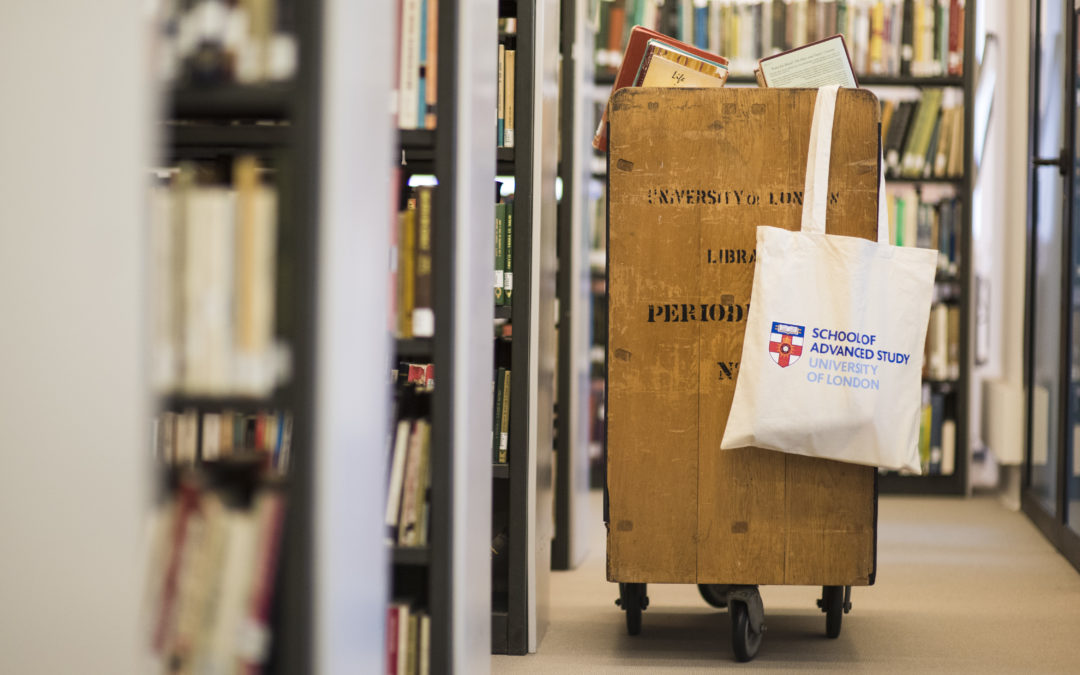The best moments of my Post Doc? Collaborating with brilliant minds by co-authoring pieces or co-teaching courses together. Hardest moments? Probably collaborating! Especially on journal articles; it can be a long, drawn-out process, which requires a lot of back-and-forth between different parties, so it cannot be rushed. It does produce brilliant results though – three heads are better than one. Pool your knowledge and skills, and see what you come up with!
The advice I would give budding researchers? Go places where others fear to tread. Move beyond what we think of as the canon and push towards the new and exciting areas of English Studies. Got a language other than English in your toolkit? Got knowledge or expertise from different subject areas? Hurrah! This could take your scholarship in so many exciting directions, and make you stand out from the crowd. Invest time and energy in developing your special skills and areas of expertise. It will be worth it. I am an Early Modernist, but also a Classicist, and I made the jump across to an English department relatively late on (at the point of beginning my doctorate). It was not straightforward, academically or administratively, but moving into English Studies enabled me to do so much. This year I completed a study of early modern plays (in English and Latin) at the universities which is coming out with OUP. I would never have been able to do something like this without taking some risks and diving into new territory. When in doubt, go for it!
Elizabeth Sandis is a Postdoctoral Visiting Research Fellow at the IES

